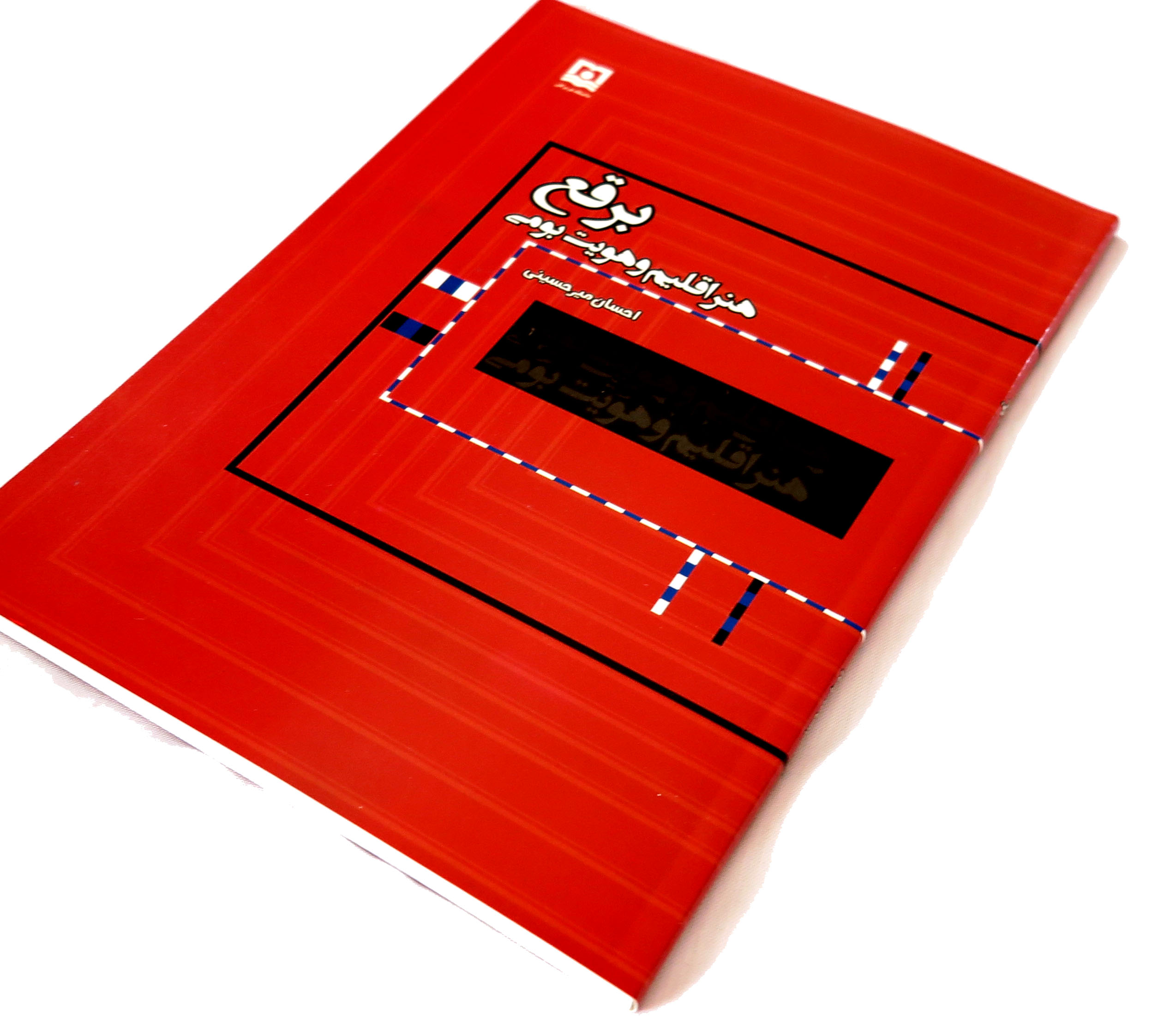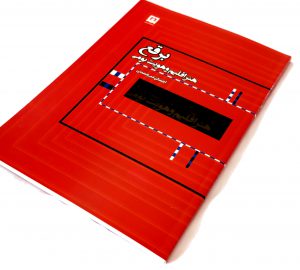در این نوشته در مورد جمله های معلوم و مجهول در زبان انگلیسی با زبان آموزان صحبت خواهیم کرد.
فهرست مطالب
- جمله های معلوم و مجهول در زبان انگلیسی
- قسمت های مختلف فعل
- مثال هایی معلوم مجهول زمان های مختلف در زبان انگلیسی
- Simple Present
- Present Continuous
- Simple Past
- Past Continuous
- Present Perfect
- Present Perfect Continuous
- Past Perfect
- Past Perfect Continuous
- Simple Future will
- Simple Future be going to
- Future Continuous will
- Future Continuous be going to
- Future Perfect will
- Future Perfect be going to
- Future Perfect Continuous will
- Future Perfect Continuous be going to
- Used to
- Future in the Past
- Would
جمله های معلوم و مجهول در زبان انگلیسی
بیشتر جمله ها در زبان انگلیسی یا معلوم (active) یا مجهول (passive) هستند. درک این نکته که جمله معلوم است یا مجهول در یادگیری ساختار زبان انگلیسی بسیار ضروری است.
جمله های معلوم
جمله های معلوم (active voice) جمله هایی را توصیف می کند که فاعل (subject) آن معلوم است.
فرم جمله های معلوم
[Thing doing action] + [verb] + [thing receiving action]
منظور از Thing doing action کننده کار است. verb فعل جمله است و thing receiving action چیزی که عملی را دریافت می کند.
جمله های نامعلوم
معمولا جمله های نامعلوم (passive voice) جمله ای را توصیف می کند که فاعل (کننده کار) کار بر روی آن انجام می شود به عبارت دیگر کار بر روی مفعول (object) انجام می شود.
فرم جمله های نامعلوم
[Thing receiving action] + [be] + [past participle of verb] + [by] + [thing doing action]
چیزی که عملی روی آن انجام می شود (Thing receiving action) و بعد از آن از افعال to be استفاده می شود که شامل am ، is ، are ، Was ، were و …استفاده می شود. ساختارهای مختلف فعل to be در زیر آورده شده است.
past tense: was, were
past participle: been
present participle: being
first-person singular: am
second-person singular and plural: are
third-person singular: is
قسمت های مختلف فعل
در این قسمت نمونه مثالی از فعل ها آورده شده است.
| past participle | past tense | Present |
| thought | thought | think/thinks |
| traveled | traveled | travel/travels |
| gone | went | go/goes |
مثال هایی معلوم مجهول زمان های مختلف در زبان انگلیسی
Simple Present
passive: the house is cleaned by Tom.
Present Continuous
active: Sarah is writing the letter.
passive: the letter is being written by Sarah.
Simple Past
active: Sam repaired the car.
passive: The car was repaired by Sam.
Past Continuous
active: The salesman was helping the customer.
passive: The customer was being helped by the salesman.
Present Perfect
active: Many tourists have visited that castle.
passive: That castle has been visited by many tourists.
Present Perfect Continuous
active: John has been doing the work.
passive: That castle has been visited by many tourists.
Past Perfect
active: George had repaired many cars before he received his mechanic’s license.
passive: Many cars had been repaired by George before he received his mechanic’s license.
Past Perfect Continuous
active: Chef Jones had been preparing the restaurant’s fantastic dinners for two years before he moved to Paris.
passive: The restaurant’s fantastic dinners had been being prepared by Chef Jones for two years before he moved to Paris.
Simple Future will
active: Someone will finish the work by 5:00 PM.
passive: The work will be finished by 5:00 PM.
Simple Future be going to
active: Sally is going to make a beautiful dinner tonight.
passive: A beautiful dinner is going to be made by Sally tonight.
Future Continuous will
active: At 8:00 PM tonight, John will be washing the dishes.
passive: At 8:00 PM tonight, the dishes will be being washed by John.
Future Continuous be going to
active: At 8:00 PM tonight, John is going to be washing the dishes.
passive: At 8:00 PM tonight, the dishes are going to be being washed by John.
Future Perfect will
active: They will have completed the project before the deadline.
passive: The project will have been completed before the deadline.
Future Perfect be going to
active: They are going to have completed the project before the deadline.
passive: The project is going to have been completed before the deadline.
Future Perfect Continuous will
active: The famous artist will have been painting the mural for over six months by the time it is finished.
passive: The mural will have been being painted by the famous artist for over six months by the time it is finished.
Future Perfect Continuous be going to
active: The famous artist is going to have been painting the mural for over six months by the time it is finished.
passive: The mural is going to have been being painted by the famous artist for over six months by the time it is finished.
Used to
active: Jerry used to pay the bills.
passive: The bills used to be paid by Jerry.
Future in the Past
active: I knew John would finish the work by 5:00 PM.
passive: I knew the work would be finished by 5:00 PM.
Would
active: I thought Sally was going to make a beautiful dinner tonight.
passive: I thought a beautiful dinner was going to be made by Sally tonight.



